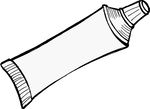Clobetasol
About Clobetasol
Clobetasol belongs to a class of topical corticosteroid medications. It is used for the treatment of autoimmune skin disorders such as psoriasis (scaly, itchy, and red patches on the skin), lichen planus (purplish, itchy, and flat bumps on the wrists, forearms, or legs), discoid lupus erythematosus (red, coin-shaped scales or crusts on the scalp, cheeks, and ears), and eczema (red and itchy skin). Autoimmune skin disorders are conditions in which immune cells attack the body's healthy cells, causing inflammation. Clobetasol can suppress the immune system and reduce inflammation.
Clobetasol comprises Clobetasol, an active corticosteroid with anti-inflammatory properties on the skin. It reduces swelling, redness, and itching by inhibiting the production of certain chemical messengers in the body that cause inflammation. Thus, Clobetasol aids in treating skin conditions such as psoriasis, eczema, lichen planus, and discoid lupus erythematosus.
Always use the right amount of Clobetasol as advised by the doctor or pharmacist. It would be best to use Clobetasol regularly to get the maximum benefit. When Clobetasol is applied to the skin, some persons experience a burning or stinging sensation for a few minutes. After a few days of use, this will no longer occur.
Inform your doctor if you are allergic to Clobetasol or any of the other ingredients present in this medicine. Do not use Clobetasol to treat acne, rosacea (facial flushing on and around the nose), perioral dermatitis (red or scaly rashes around the mouth), anogenital pruritis (itching around the anus or genitals), itchy, broken, or infected skin which is not inflamed, and widespread plaque psoriasis (except single lesions). While applying, make sure it does not come in contact with the eye. If Clobetasol accidentally comes in contact with eyes, rinse with warm water thoroughly. Please do not use it on unaffected areas or for other skin infections without informing your doctor. Do not use Clobetasol in children under 12 years of age without a doctor's advice.
Uses of Clobetasol
Medicinal Benefits
The skin gets inflamed when chemical mediators release chemicals into the skin that cause inflammation. It leads to rashes, swelling, and itching, which can be treated by Clobetasol. It targets the immune system and lowers the immune response, providing some time for the inflamed skin to heal.
Directions for Use
Storage
Side Effects of Clobetasol
- Burning or stinging sensation
- Pain (application site)
- Irritation or itching
- Skin thinning may cause stretch marks
- Blood vessels under the surface of your skin may become more noticeable.
Drug Warnings
Inform your doctor before using Clobetasol, if you have previously had an allergic reaction (hypersensitivity) with another steroid. If there is an overdose, clean the area thoroughly and re-apply the medicine. Apply the medication carefully if you are using it on eyelids or near the eyes, as there is a risk of cataracts or glaucoma if the drug enters the eye frequently. Clobetasol can enter the skin easily and may cause skin thinning because of repeated application. So, apply it carefully when using on broken or damaged skin and large surface area of skin. Inform your doctor immediately if you experience vision problems or any other abnormal signs. Do not use Clobetasol at the same time as other creams or ointments such as a moisturiser. Wait at least 30 minutes between using clobetasol and any other product.
Drug Interactions
Drug-drug interactions: Clobetasol may interact with HIV medication (ritonavir) and antifungal medication (itraconazole).
Drug-food interactions: No interactions found.
Drug-disease interactions: Clobetasol should be used with caution in patients with diabetes, eye problems, skin infections, and adrenal gland problems.
Drug-Drug Interactions Checker List:
Safety Advice

Alcohol
safe if prescribedClobetasol may not interact with alcohol.

Pregnancy
cautionPregnant women should consult a doctor before using Clobetasol.

Breast Feeding
cautionClobetasol should be used with caution in breastfeeding mothers. However, if prescribed by your doctor and Clobetasol is applied on the chest, make sure the affected area does not come into contact with the baby's mouth while breastfeeding.

Driving
safe if prescribedClobetasol does not show any effect on driving. But contact a doctor if you get any problems with your vision. Do not drive if you have problems with your eyesight after using Clobetasol.

Liver
cautionClobetasol should be used with caution in patients with liver diseases.

Kidney
cautionClobetasol should be used in patients with kidney diseases only when prescribed by a doctor.

Children
cautionClobetasol should not be used in children under 12 years of age without a doctor's advice.
Habit Forming
Diet & Lifestyle Advise
- Eat foods rich in quercetin (a flavonoid) such as apples, cherry, broccoli, spinach and blueberries.
- Consuming food rich in probiotics helps in developing the immune system against allergies.
- Limit intake of food that might trigger allergies such as dairy products, soy, eggs, and nuts.
- Avoid consumption of foods with excess sugar as it may flare-up inflammation.
- Include fruits, vegetables, whole grains, healthy fats and fish in your diet.
- Avoiding getting in contact with harsh soaps, detergents and rough fabrics.
Patients Concern
Disease/Condition Glossary
Eczema: Eczema is the name for a group of conditions that cause the skin to become dry and irritated. or eczema, a condition that causes the skin to become itchy, dry and cracked.
Psoriasis: Psoriasis is a skin condition that causes red, flaky, crusty patches of skin covered with silvery scales. The severity of psoriasis varies greatly from person to person. For some, it's just a minor irritation, but for others, it can majorly affect their quality of life. Psoriasis is a long-lasting (chronic) disease that usually involves periods when you have no symptoms or mild symptoms, followed by periods when symptoms are more severe.
Lichen planus: Lichen planus is a rash that can affect different parts of your body, including the inside of your mouth. Lichen planus on your skin can be very itchy, but not always.
Lupus: Lupus is a long-term condition that causes joint pain, skin rashes and tiredness. There's no cure, but symptoms can improve if treatment starts early.
FAQs
Clobetasol comprises Clobetasol, an active corticosteroid with anti-inflammatory properties on the skin. It reduces swelling, redness, and itching by inhibiting the production of certain chemical messengers in the body that cause inflammation. Thus, Clobetasol aids in treating skin conditions such as psoriasis, eczema, lichen planus, and discoid lupus erythematosus.
Clobetasol is not recommended for the treatment of burns. It should also be not used on broken skin or open wounds.
Clobetasol may stimulate hair growth. However, it should be used only when advised by a doctor.
Clobetasol use in children is very limited and should be advised by a child specialist only.
Clobetasol may increase blood sugar levels. Consult your doctor immediately if you experience any abnormal signs or symptoms while using Clobetasol.
Using too much of Clobetasol or using it for a long time may increase your risk of having adrenal gland problems.
Yes, you are eligible to take vaccines, but tell the doctor or nurse that you're using clobetasol so they can give the vaccine in an untreated area of skin.
Clobetasol can bleach and lighten skin. However, using Clobetasol for skin lightening is not clinically established. So, it should be used only when prescribed by a doctor.









